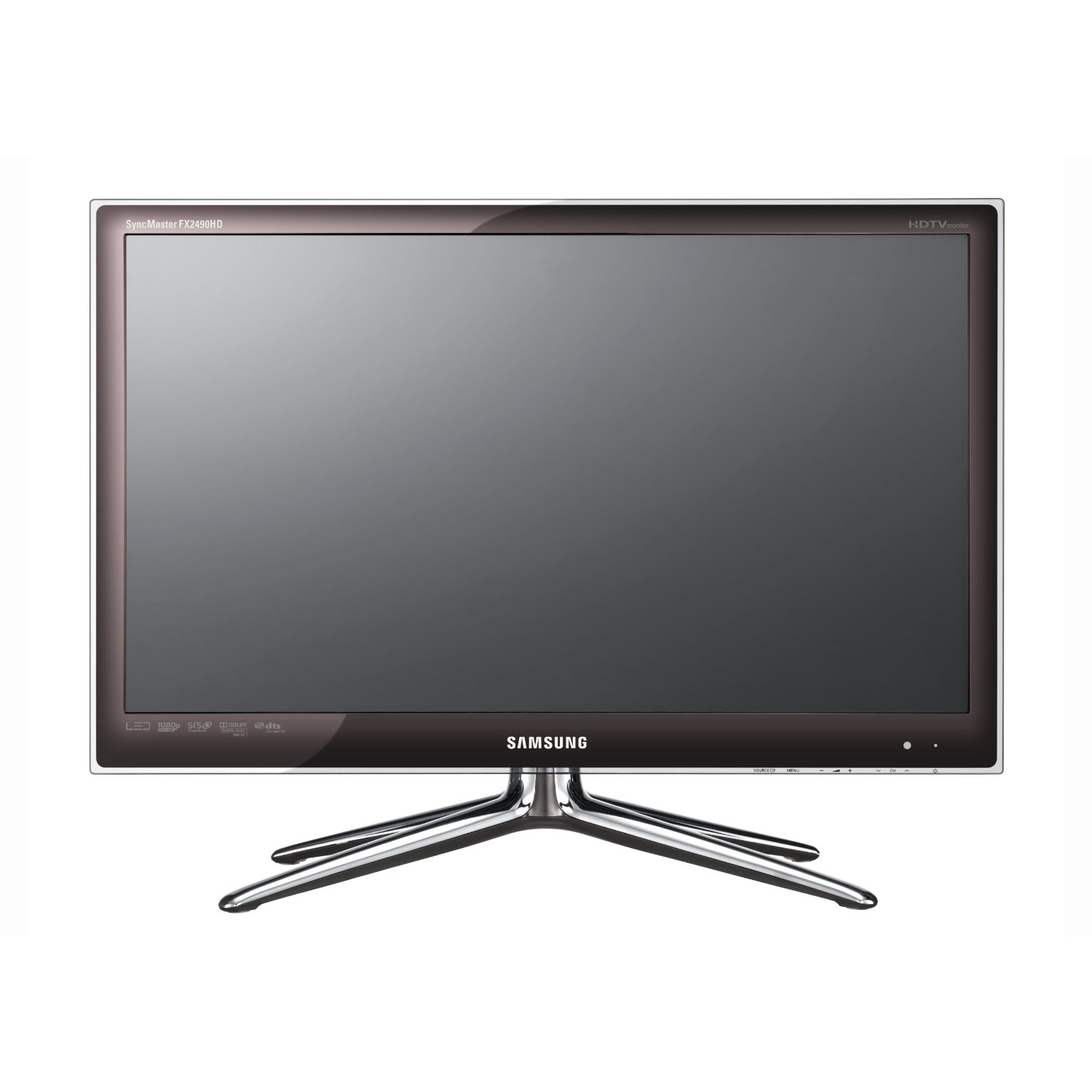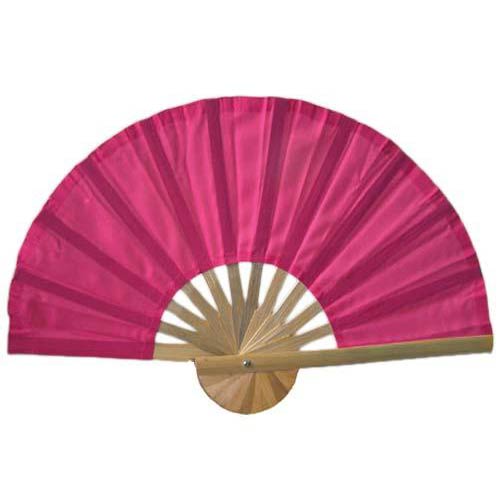Some of you may be familiar with the search engine called Blackle. If you're not, don't freak out, click the link, congratulations, you're now familiar with the search engine called Blackle. Basically, it's a black Google and to start, let's be clear: There's absolutely nothing wrong with a black Google. Where I take issue is why Blackle has made itself black, and why it expects you to set it as your homepage rather than good ol' Google. (or Bing or Yahoo. Calm down, fanboys.) Right on Blackle's homepage you'll spot a little counter: "3,424,049.764 Watt hours saved". And counting. That's an impressive quantity of energy; for lack of a more relevant example, that's enough to constantly run a 1kw hairdryer for 143 days (why you would ever want to do such a thing is none of my business, but I digress). Where do they get that from? In their "about" section, Blackle claims that on computer monitors, it costs less energy to display black pixels than it does to display white pixels, and "even if the energy savings are small, they add up." They even cite a 2002 paper from a .gov that says so! (in 2002, most computer monitors were giant CRT displays that precluded today's slim LCDs)
All well and good, it makes sense, black light being dimmer (and more stylish) than white, so what's the problem? Let's consider how an LCD display works. (unless you are from 2003 or before, you are almost certainly reading this on an LCD display. If your computer fits on your lap, you are reading this on an LCD display.)
Basically (VERY basically), right behind every tiny pixel in your LCD display are three semitransparent Chinese hand fans - one blue, one red and one green.
By default, these liquid crystal fans hang down and don't block any light, so the white light from the display's backlight (located somewhere behind the hand fans) shines right past them through to your eye - this is how your monitor displays white pixels. However, it turns out if you put a potential difference across these Chinese hand fans (read: "you shoot them with magic electricity"), they stand up and block some of the light coming from the backlight of your display. So, if you want the pixel to be red, you put some volts through the red hand-fan. For a purple pixel, you magickify both the red and blue fans. To display a black pixel, all three of the hand fans are electrocuted such that very little of the light coming from the backlight gets through the display to your eye - even if the backlight is shining as brightly as ever. This is the important bit: You only have one backlight in your display, so it shines at the same brightness (therefore using the same amount of energy) no matter what the Chinese hand fans are doing. Not only that, but you'll notice that the voltage that you have to put through all three fans to block all the white light actually makes black pixels require slightly more energy than white ones! We should start an image search engine called Whitele! (Whitle? Wytel? Witel?)
An optional experiment: If you'd like to see a visual illustration of the difference between your backlight being turned off (zero energy used) and all the hand fans working as hard as they can to color your screen black (maximum powah!), bring up Google (or Blackle, if you like torturing my soul) and image-search for "black". View full-screen an image of total blackness. If you're in a dark room with your monitor displaying a black image, you'll notice that some of the backlight's light escapes your fans and lights up your face and keyboard ever so slightly. Remember what this looks like. Now try turning your display off completely (this may require shutting down your computer if you're on a laptop). If your monitor is turned off, there is no light coming from the display at all, and you'll be completely in the dark.
(a shameless plug, disguised as a relevant aside: Your GPU - the chip responsible for telling your display what to do - is a very power-hungry component of your computer. Especially when it's working overtime on those superfluous pixels in your fancy Retina display.)
So, Blackle is not ecologically friendly - nor is it very attractive from a graphic design perspective. Indeed, Google (or Bing, for that matter) seems to have bested every potentially redeeming feature. What Blackle might be, however, is ecologically fancy. By fancy I mean it's not actually effective in and of itself, but inconveniencing yourself by using it might inspire you and your friends to be environmentally friendly in some other small (ACTUALLY effective) way. (this is the stretchiest stretch I've ever stretched, but I had to find a counterargument somewhere)
Fleshed-out counterarguments be damned. Long story short: Use Google.
More plugs: Separately, if you want to be ecologically friendly rather than just fancy, why not consider going vegetarian? A small group called the United Nations seems to look upon it kindly. (maybe I'll write a post about that soon!)
If you want to be ecologically fabulous, I'm sure there's scope for that as well, and someone on the Google has probably already figured it out.





